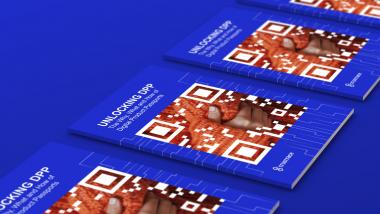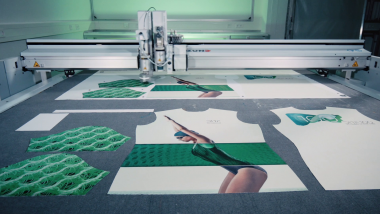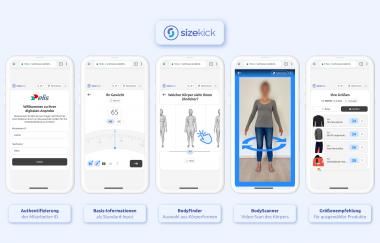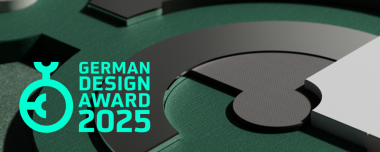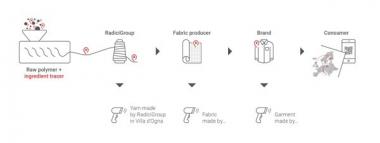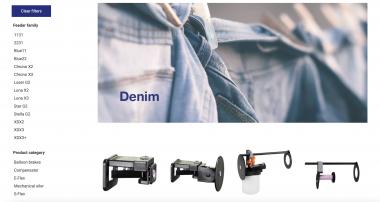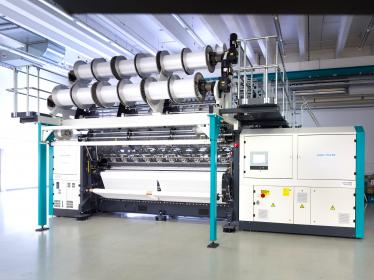SHIMA SEIKI at ITM 2024
SHIMA SEIKI MFG., LTD. of Wakayama, Japan will participate in the ITM 2024 International Textile Machinery Exhibition in Istanbul, Türkiye from 4th to 8th June 2024 with a full product lineup.
WHOLEGARMENT® knitting has recently gained heavy interest from the apparel industry due to the shrinking workforce of skilled sewing and linking personnel, as well as for its sustainable benefits by requiring the minimum amount of material to produce one item at a time. SHIMA SEIKI intends to gain even more interest with its new SWG-XR® flagship machine. SWG-XR® features the company's original SlideNeedle™on 4 needle beds for high quality production of WHOLEGARMENT® products using all needles, in addition to a re-designed sinker system and a compact, light-weight carriage featuring 4 systems as well as auto yarn carriers. All contribute to increased productivity as well as increased product range using a wider variety of yarn for supporting knits for all seasons, and higher quality for knitting beautiful fabrics and silhouettes; even items that were impossible to knit before, including punch-lace patterns, variable stitch knitting and intarsia knitting. Setting new standards for the next generation of waste-free, sustainable WHOLEGARMENT® knitting, SWG-XR® at ITM will be shown in 15L. The MACH2®XS WHOLEGARMENT® knitting machine, also with original SlideNeedle™ on four needle beds, will be shown in 8L. Other WHOLEGARMENT® knitting machines include the MACH2®VS V-bed machine for producing WHOLEGARMENT® items using every other needle, shown in 8 and 18 gauges, as well as the compact SWG®091N2 for producing smaller WHOLEGARMENT® items and accessories, to be shown in 10 gauge. An economical proposal in V-bed WHOLEGARMENT® knitting will also be introduced in the form of the N.SVR®183 machine in 24 gauge.
SHIMA SEIKI’s technology in computerized shaped knitting is represented by its N.SVR®122 computerized flat knitting machine in 14 gauge, and features such innovations as the R2CARRIAGE®, WideGauge® knitting, spring-type moveable sinkers, DSCS® Digital Stitch Control System, stitch presser, yarn gripper and cutter, and takedown comb. Also on display will be the SCG®122SN coarse gauge machine in 3 gauge. Automatic seamless glove knitting machines will also be present, including the SFG®20 21-gauge machine, and SFG®-I in 10 gauge.
On the software side, demonstrations will be performed on SHIMA SEIKI’s SDS®-ONE APEX4 design system and APEXFiz® subscription-based design software. Each provides comprehensive support throughout the production supply chain, integrating production into one smooth and efficient workflow from yarn development, product planning and design, to production and even sales promotion. Especially effective is the way the design evaluation process is improved with ultra-realistic simulation capability, whereby virtual samples replace physical sampling, consequently reducing time, cost and material that otherwise go to waste. Digital prototyping using virtual samples on SDS®-ONE APEX4 and APEXFiz® help to digitally transform the fashion supply chain for realizing sustainable manufacturing. SHIMA KnitManager™ knit production management software will also be shown to demonstrate solutions for maximizing productivity through monitoring of machine status and production progress.
SHIMA SEIKI MFG., LTD.












